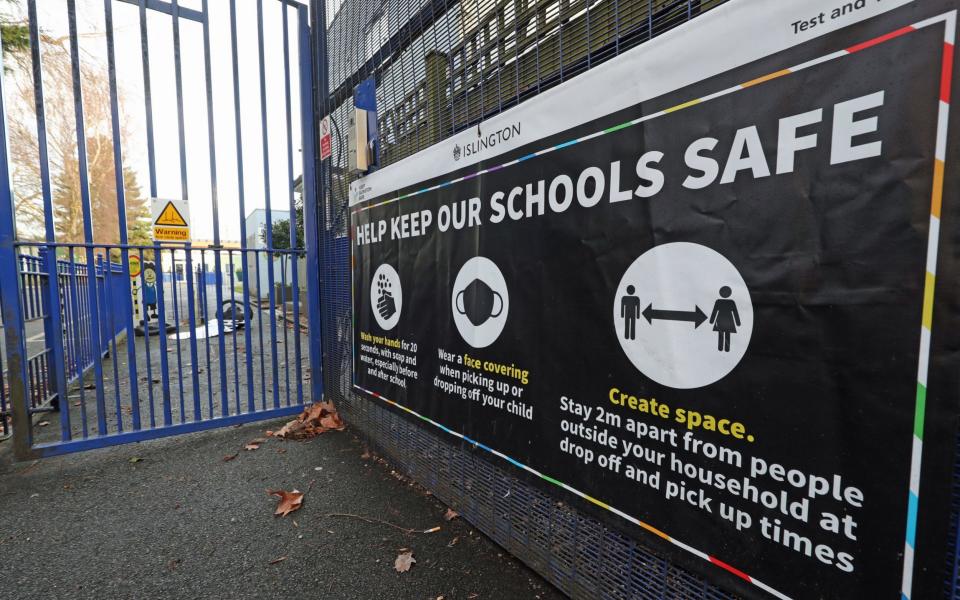One in six children may never catch up after Covid school closures

One in six children may never catch up after Covid school closures, the Children’s Commissioner has warned.
The amount of lost learning by youngsters – in particular those from the most deprived households – requires a catch-up programme that operates on a “war-effort kind of scale,” according to Anne Longfield.
She said that without significant investment from the Government, the alternative is that “there is a group of children who won’t make up the time they’ve lost”.
Ms Longfield told Sky’s Sophy Ridge on Sunday: “These are the ones who have started behind, who are struggling, potentially about one in six children. If they don’t get that level of support and boost they won’t ever catch up during their time at school.”
The Children’s Commissioner’s office said she was drawing on various datasets which identify youngsters who are at the greatest risk of falling behind.
This includes the 2.2 million children who are living in a family that is plagued by one the “toxic trio” – a term that Ms Longfield uses to refer to domestic abuse, mental health issues and drug or alcohol misuse.
A report from the Children’s Commissioner last September found that “even before the crisis struck, there were 2.2 million vulnerable children living in risky home situations in England, including nearly 800,000 children living with domestic abuse and 1.6 million living with parents with severe mental health conditions."
Separately, an NHS study in July 2020 estimated that one in six children in England now have a probable mental health condition, up from one in nine in 2017.
Ms Longfield said that children not only need to catch up with the academic work they have missed out on during lockdown, but they also need to re-develop their social skills.
“There needs of course to be a boost of catch up in education terms in the classroom… but part of that really needs to be helping children to build back those social skills and that confidence,” she explained.
“They haven’t been in school but they haven’t been going to football classes either, they haven’t been going to karate classes. All the fabric of children’s lives has disappeared over the last year.
“We need an ambitious programme of recovery and significant investment from [the] Government. I’ve always said children haven't had their Nightingale moment yet and this is their time.”
Earlier this week a Government document revealed that children could be asked to take "diagnostic tests" when they return to school so teachers can see how far they have fallen behind.
The tests will help schools "identify gaps in pupil learning" and allow teachers to "identify next steps," according to a tender document published by the Department for Education.
Ministers have said ideas such as lengthening the school day and shortening the summer holidays were being considered for a major catch-up plan.
In early February, Boris Johnson appointed Sir Kevan Collins as the new catch-up tsar, charged with overseeing the Government's £1.3 billion programme to address children's learning loss during lockdown.
He has said children will need to learn to play together again and described sport and music classes as "critical" to helping children make up for lost time.
Sir Kevan, who used to lead the Education Endowment Foundation, pointed out that the most disadvantaged children have lost up to seven months of progress.
He warned that the deteriorating mental health of children is a major concern and that the catch-up programme will not just be about academic work.

 Yahoo News
Yahoo News 